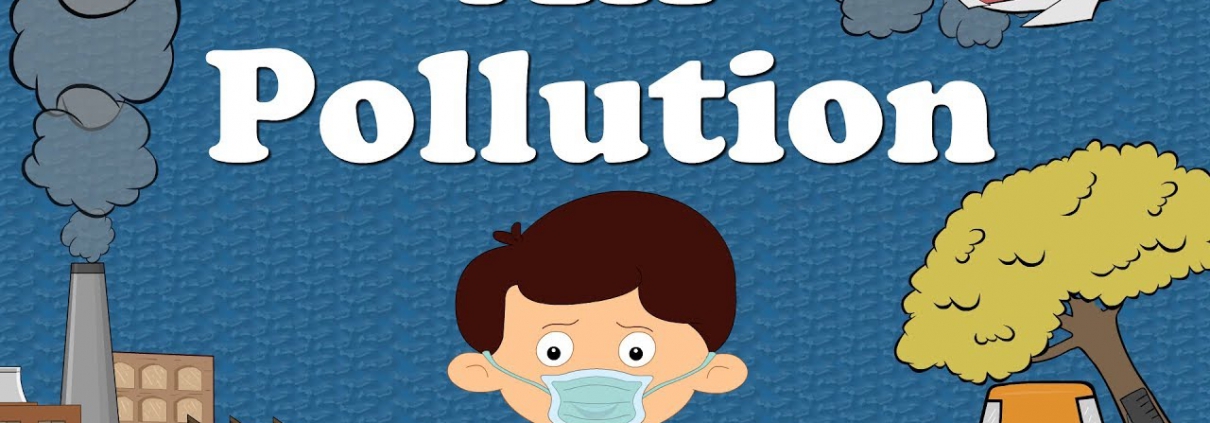By Ojuka Vincent Ochieng
Department of Education for Sustainable Development (ESD) – KOEE
Introduction
As the global community gathers today in different regions, countries and continents to mark World Environment Day under the “#beatairpollution” theme, it is noble to reflect what awaits humanity as a result of environmental pollution, particularly emanating from gaseous particles – air pollution – which is one of the biggest environmental threats. Scientific research has generated the following facts about this unfortunate and mind-blowing environmental crime:
- One in eight deaths in the world is caused by air pollution,
- 92 percent of the world’s population lives in areas with poor air quality
- Annually, indoor air pollution claims about 4.3 million lives globally
Air pollution comes from mobile sources (car, bus, train combustions), stationary sources (power plants, industries), area sources (agricultural area, wood burning fireplaces) and natural sources (wind blowing dust, wildfires and volcanoes). The impacts of the pollution include but are not limited to respiratory and health problems, global warming, acid rain, eutrophication, depletion of the ozone layer among others.
Air Pollution and Sustainable Development
The 17 Sustainable Development Goals aim to end extreme poverty and create a healthy, sustainable world by the year 2030. The center focus is on the health and well-being of people and our planet, which means air pollution – the deaths, and disabilities it causes and its close links to climate change – is a huge threat to delivering on the vision of a better world. Sustainability calls for inter and intra relationship among the economic, social and the environmental aspects of the goals.Air pollution takes its toll on the economy in several ways: it costs human lives, it reduces people’s ability to work, it affects vital products like food, it damages cultural and historical monuments, it reduces the ability of ecosystems to perform functions societies need and it costs money in remediation or restoration. Socially it is notable that there are indiscriminate impacts of air pollution to the female gender as they tend to suffer more; the children and the elderly the most vulnerable to the bad effects of the pollution.Regrattably most developing countries are facing environmental challenges caused by the industrialization in developed nations causing a mythical gap that need to be addressed. Environmental quality is also dependent on the amount of gaseous materials that are released into the atmosphere. These particles are always associated to environmental impacts like climate change and its associated effects.
Way Forward
As in the 17thSustainable development goal, there needs to be a concerted effort and partnerships for beating air pollution and its impact on humanity and nature.Nations,continents and the global community needs to come together in addressing this dragon that has claimed lives of people across the world. Policies that are directed towards addressing this pollution needs to be well framed in targeting key polluters and in as much as pollution get the required political well and good governance in their implementations. We cannot afford to give the future generations a compromised environment that is polluted and degraded thus we must all stand firm to help in beating air pollution.


Leave a Reply
Want to join the discussion?Feel free to contribute!